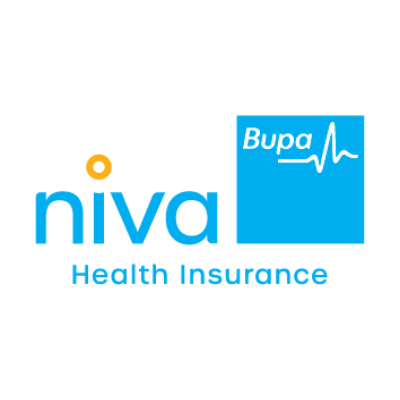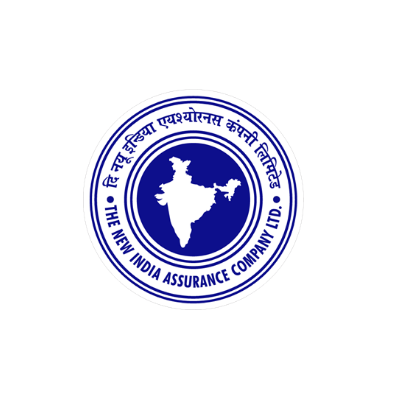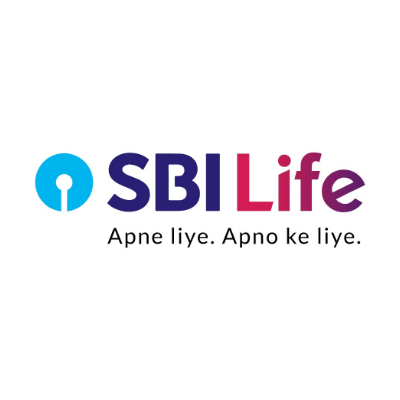WHAT IS HEALTH INSURANCE PORTABILITY
There’s been a significant rise in health insurance portability since the pandemic. It made us all more aware of health insurance coverage and the importance of seamless services. Emergency situations have really shown people how vital it is to have the right health insurance in place.
So, if you're thinking of changing your health insurance provider but don’t want to lose benefits like waiting periods (especially for pre-existing conditions), here’s what you need to know about safely switching providers, understanding the rules, and knowing your rights!
What is Health Insurance Portability?
Health insurance portability allows you to change your health insurance from one company to another without losing any benefits you've gained, like your No Claim Bonus (NCB) or waiting period credit. If you're not satisfied with your current insurer, you can switch to a better one. Just make sure your old policy has been renewed without any benefit breaks, and you'll be eligible for portability.
How to Port Health Insurance Policy?
According to the IRDAI rules and rights understand the process of transferring health insurance policy to another company.
Step 1: Start Early
Make sure to send a portability request to the new insurance company at least 45 days before your current policy expires. This gives enough time for the switch.
Step 2: Get Forms from the New Insurer
Once they receive your request, the new insurer will give you a proposal form along with a portability form. They'll also provide details of the health insurance plans they offer, so you can compare and choose.
Step 3: Choose a Plan
After going through the options, pick the health plan you want to switch to. Fill out the proposal and portability forms and send them back to the new insurer.
Step 4: New Insurer Collects Information
The new insurance company will contact your previous insurer for details like your claim history and medical records. They may also gather this information from the IRDAI’s official website.
Step 5: Old Insurer Shares Details
Your current insurer will send all the required information within 7 working days using the IRDAI’s common data-sharing portal. If they delay, the new insurer might put your request on hold until they receive everything.
Step 6: Decision Time
Once all the information is in, the new insurer will make a decision about your portability request within 15 days. If they don't reject it within this time, they’ll automatically accept your application.
Documents Required for Porting a Health Insurance Policy
Here’s a simple and easy-to-read list of documents you’ll need;
- When switching your health insurance to a new provider
- Identity proof
- Address proof
- From your current insurer
- The policy certificates from the previous years
- The latest renewal notice that clearly shows your coverage is continuous
- A self-declaration if you haven't made any claims
- Any documents related to claims, like discharge summaries or investigation reports, if you've made claims
- From your new insurer
- The proposal form
- The portability form
Benefits of Porting a Health Insurance Policy
- Keep Your No Claim Bonus (NCB)
When you switch to a new insurer, you don’t lose the No Claim Bonus you've earned. So, if you have a 30% NCB on your current policy, that same bonus will be carried over to the new one.
- Carry Forward the Waiting Period
The waiting period you’ve already completed with your current policy is carried over when you port. For instance, if you’ve served 2 years of a 3-year waiting period, you’ll only need to wait 1 more year with the new insurer.
- Lower Premiums
Porting can also help you find a similar health plan at a lower cost, especially if your current premiums have gone up after making a claim.
- Better Services
If you’re unhappy with your current insurer’s service like slow in claims processing or poor customer support porting lets you switch to one that offers a smoother experience.
IRDAI Rules and Regulations on Health Insurance Portability
- Eligibility
You can switch your health insurance policy if you’ve been with your current insurer for at least one year.
- Switching Providers
You’re free to move to another insurer offering similar health policies. So, if you have a family floater health policy, you can switch to another insurer’s family floater plan without any hassle.
- Retaining Benefits
Don’t worry about losing your benefits. Any waiting periods for pre-existing conditions or accumulated benefits you’ve earned with your current insurer will carry over to the new insurer.
- Notice Period
Give your current insurer a heads-up about your decision to switch at least 45 days before your policy’s renewal date. This allows for a smooth handover.
- Premium Adjustments
Your new insurer might offer different premiums based on their policy features, but they can’t deny you coverage because of your pre-existing conditions if you’ve already waited out the period with your old insurer.
- Sharing Claim History
Your current insurer must share your claim history with the new insurer. This helps the new insurer assess the risk but won’t affect your ability to switch.
Reasons Health Insurance Portability Requests Get Rejected
Understanding these reasons can help you prepare better and increase your chances of a successful health insurance portability request.
- Incomplete Application
You might get rejected if your application is missing important details. Always double-check that you’ve filled in every required section and provided all necessary documents.
- Pre-existing Conditions
Health insurance companies might reject your request if you have pre-existing conditions that weren't disclosed. Make sure to be honest and upfront about any health issues to avoid surprises later.
- Policy Lapses
If your current policy has lapsed or expired, the new provider might refuse to accept your request. Keep your policy active and make payments on time to ensure a smooth transition.
- Pending Claims
If you have any pending claims with your current insurer, they might hold up your portability request. Clear any pending claims before applying to switch insurers.
- Non-eligibility
Some policies have specific eligibility criteria for portability, such as a minimum period of coverage with your current insurer. Check these criteria before applying to ensure you meet all requirements.
- Wrong Timing
Portability requests typically need to be made within a specific period, often before your policy renewal date. Apply on time to avoid rejection due to late submissions.
Things to Remember Before Porting a Health Insurance Policy
- Review Your Current Plan: Look at your current health insurance policy. Check what it covers and what it doesn’t. Make sure you’re aware of any benefits you might lose if you switch.
- Compare Other Options: Look at different health insurance plans and compare them. Check what they cover, their costs, and what benefits they offer. Ensure the new plan suits your needs better than your current one.
- Check Waiting Periods: Different plans have different waiting periods for pre-existing conditions and certain treatments. Make sure you know how these waiting periods will affect you with the new plan.
- Consider the Cost: Look at the cost of the new plan, including the premium, deductibles, and co-pays. Make sure it fits your budget and offers good value for the money.
- Check Hospital Networks: See if the new plan includes your preferred hospitals and doctors. Ensure you can still visit the healthcare providers you like.
- Read the Fine Print: Carefully read the details of the new plan. Understand all the terms, conditions, and any exclusions or limits.
- Confirm Portability: Make sure you can transfer any benefits from your current policy to the new one, like no-claim bonuses or loyalty rewards.
- Get Expert Advice: If you’re unsure, talk to an insurance expert. Advisors can help you to understand your chosen options and pick from the best plan for you.
- Understand the Claim Process: Find out how you will make claims with the new plan. Make sure the process is simple and straightforward.
- Follow the Porting Process: Check the steps to transfer your policy. Make sure you follow them correctly to avoid any gaps in your coverage.
Conclusion
Before you switch your health insurance policy, make sure you’re fully aware of what you’re giving up and what you’ll gain. Compare different health insurance options carefully to find the one that best fits your needs and budget. By taking these steps, you can make a well-informed decision that ensures you get the coverage you need.
Take control of your health coverage today. Compare the best health insurance quotes and find the policy that works best for you. Click here to get started and secure the right plan for your needs!
FAQs
Q1. Can I port my health insurance policy to another company?
Ans: The best time to port your health insurance policy is when your current plan no longer meets your needs, or when you find a better option with improved benefits or lower costs.
Q2. When is the best time to port a health insurance policy?
Ans: Port when your current plan no longer meets your needs or when you find a better option.
Q3. Do I have to pay extra to port my health insurance policy?
Ans: Usually, you don’t pay extra. However, the new policy's premium might be different based on the coverage and your health profile.
Q4. Can I convert my group health insurance policy to an individual policy with a different company?
Ans: Yes, you can port a group health insurance policy to an individual policy with another company. Ensure the new plan meets your needs and check for any waiting periods or changes in coverage.
Q5. How much time does it take to port a health insurance policy?
Ans: It typically takes about 30 to 45 days. This timeframe can vary depending on the insurance companies involved.
Q6. Can I port health insurance online?
Ans: Yes, many insurers offer online porting. Check with your current insurance company and prospective insurers for the online process details.
Q7. How many times can I port my health insurance policy?
Ans: You can port your health insurance policy multiple times, as long as you follow the porting guidelines and meet the eligibility criteria set by the insurance companies.
Q8. How many days before renewal should I start porting?
Ans: It’s advisable to start the porting process at least 45 days before your current policy’s renewal date to ensure a smooth transition without any coverage gaps.




































